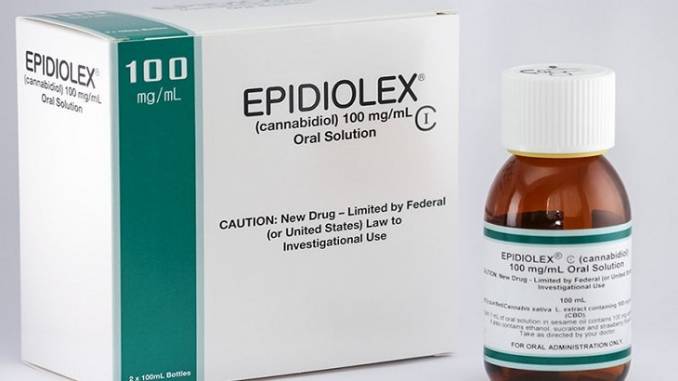In American political lingo, an “October Surprise” is an event or incident that is deliberately planned to impact a political election – usually during a presidential year.
The cannabis industry, of course, is still highly political – starting with reform itself.
So what to make of the fact that over the course of the summer, three major markets have started to align in terms of timing?
Canada, Germany and The UK Moving In Synch?
None of these things were original, publicly planned or announced, of course. During July, the Canadian government finally announced the recreational market start date, the German government issued its new cannabis cultivation bid (due in October), and of course, the British government announced that they would reschedule cannabis and create more access for British patients.Canadian companies, for example, are perfectly poised to enter both markets and dominate the industry
What is in the air? And could this, in any way, be a deliberate cannabis industry power play by political forces in motion right now?
The Canadian-German Connection
Planned or not, it is certainly convenient that the much stalled German cultivation bid will now be due right at the time that the Canadian rec market goes into hyper drive. Why? The largest Canadian LPs are currently dominating the European market. These companies are also widely expected to take home the majority of the tender opportunities and are already producing and distributing across Europe.
For this reason, it is unlikely that there will be any “shortages” in the market in terms of deliverable product. However, larger Canadian cannabis companies have already announced that a certain percentage of their stock will be reserved for medical use (either at home or presumably to meet contract commitments that now stretch globally). Inefficiencies in the distribution network will be more responsible, at least in the short term, for consumer “shortages” rather than a lack of availability of qualified product.
Regardless, the connection between these two markets will generate its own interesting dynamics, particularly given the influence of both the Canadian producers and the size of the German medical space on cannabis reform as well as market entry.
The German-British Connection
Germany and the UK are connected historically, culturally, and now on the topic of cannabis reform. While it is unlikely in the short term that German-produced cannabis would end up in the UK, British grown cannabis products are available across Europe, including Germany, in the form of drugs developed by GW Pharmaceuticals.
In the future, given the interest in all things “export” in both economies, this could be a fascinating, highly competitive market space. Whether or not Brexit happens.
The British-Canadian Connection
While not much has emerged (yet) from these two commonwealth countries now embarking on the cannabis journey, it could certainly be an interesting one. This starts with the major competition GW Pharmaceuticals now faces at home from external (Canadian in particular) companies looking to expand their reach across Europe.
Whether Britain Brexits or not could also impact the pace of market development here. Particularly as cannabis supplies can be flown in (via Heathrow), or shipped via the Atlantic, thus missing the Channel crossing point and literally parking lot delays on major motorways.
Canadian cannabis companies could also decide to build production sites as the market matures in the UK.
As it emerged earlier in the year, the UK is also the world’s top cannabis exporter – ahead still of the entire Canadian export market. Do not expect this to last for long after October.
However, in one more intriguing connection between the markets, Queen Elizabeth II in the UK must sign the final authorization for the Canadian recreational market to commence. With a new focus on commonwealth economies,if Brexit occurs, cannabis could certainly shape up to be a major “commonwealth crop.”
Much like tea, for that matter.
The common language between the two countries also makes international business dealings that much easier.
But What Does This All Mean For The Industry?
The first indication of this synching phenomenon may well be simply market growth on an international level unseen so far.
Canadian companies, for example, are perfectly poised to enter both markets and dominate the industry simply because this odd calendrical synching is also very convenient for business,
British companies coming online in the aftermath of rescheduling will also be uniquely positioned, no matter the outcome of the now looming divorce agreement between the parties. Whether the first market beyond domestic consumption is either commonwealth countries or the EU (or both in a best case scenario), the British cannabis market is likely to be even more globally influential than it already is.
The German market may also, depending on the pace of patient growth and cultivation space, become the third big rival, particularly with the near religious fervour all exports are worshipped here.
In the more immediate future, Germany is actually shaping up to be the most international market. Established companies from Canada to Israel and Australia are clearly lining up to enter the market one way or the other. And all that competition is starting to predict a seriously frothy, if not expanding, market starting now with connections that stretch globally.
































